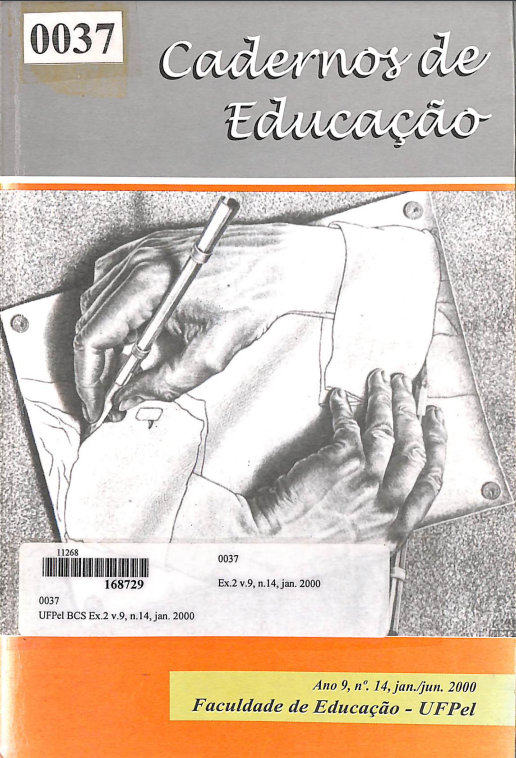UMA ABORDAGEM DIALÓGICA PARA O ENSINO DE FÍSICA
Abstract
A physics program was carried out with junior high school students at a public peripheral county school of a shantytown. This work was based on Freire’s ideas about liberating education and their consequences on the selection of the subject matter of a physics course and on the way of teaching it. The action-research methodology was used as a guide because this research line has several common points on this pedagogical ideas. The first part of the research consisted of a community study in order to obtain the generator theme: the insufficient water distribution and its implications on the shantytown resident bath. Taking into account this theme, a physics program was organized and developed in order to understand the problem and to search its solution. Based on questionings, the basic notions of thermodynamics, electricity, and of fluid mechanics were studied in this program. Data were obtained from tests, questionnaires, interviews and observations. The results showed that learning of some concepts occurred in a meaningful way and that, in general, students opinions were favorable to the way that the teaching activities were organized and developed. In addition to the fact that the students’ grades were satisfactory, some other results not linked to specific physics’ contents but necessary to the liberating action were reached, such as the pleasure in searching knowledge, the loss of a passive behavior, and the substitution of the sense of personal inferiority by a personal valorization and by a mutual respect.


